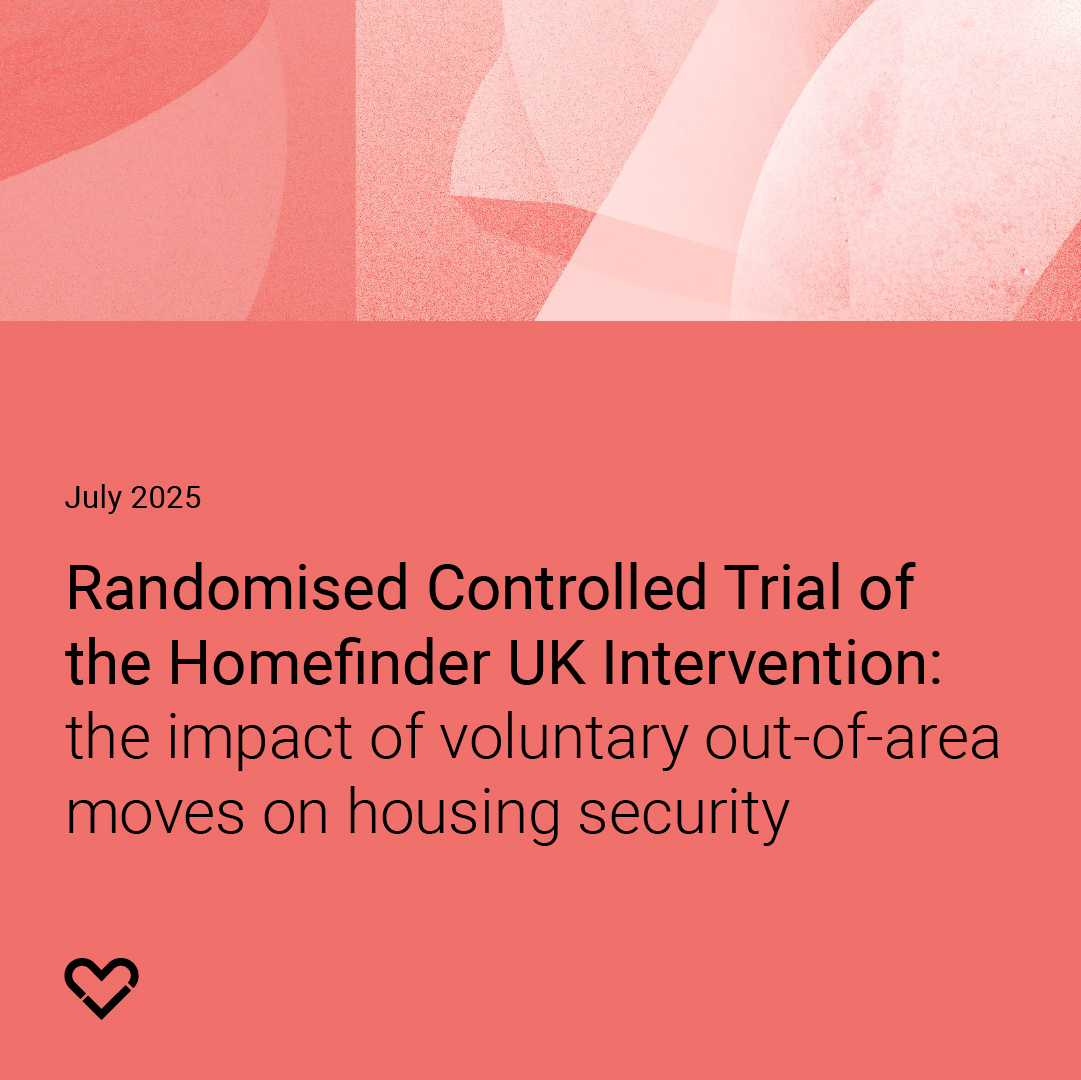European Journal of Homelessness: Introduction to the Special Issue
Outline of this Introduction
This editorial from Centre for Homelessness Impact CEO, Ligia Teixeira, introduces a special issue dedicated to building a ’what works’ movement in homelessness - an approach that uses rigorous evidence to determine which interventions actually help people exit homelessness. The piece argues that despite significant investment and good intentions, Europe is not making rapid enough progress in ending homelessness.
The editorial draws on historical examples from medicine and social policy to show why evidence-based approaches matter. Just as medical professionals abandoned bloodletting after research proved it was harmful, homelessness services need to move beyond well-intentioned but ineffective programmes toward interventions with proven track records.
The article outlines a three-part strategy for accelerating progress: building better evidence about what works, creating data infrastructure to support decision-making, and changing public communications to reduce stigma and build support for effective solutions.
Findings in brief
- The global evidence base around homelessness has grown significantly, with studies increasing from 4 per year between 2000 - 2009 to an average almost 10 per year since 2010.
- 89% of effectiveness studies come from North America, while only 15% (87) of total studies are from Europe.
- The European Journal research tradition focus on qualitative and conceptual explorations has implications for understanding effectiveness and value for money, particularly as nearly 80% of individual interventions which are rigorously tested do not work and up to 10% have negative effects
- Surveys show 65% of the public believe decisions about homelessness should be mainly evidence-based and reflect the views of those experiencing homelessness, rather than expert opinion, cost considerations, or public opinion alone
- While there have been important advances, such as Housing First and stronger homelessness prevention duties for local authorities, European countries lack proven, cost-effective, scalable strategies to reduce homelessness
- Current approaches to data collection severely limit the ability to identify frequency and duration of homelessness. For example, England's ’Everyone In’ programme accommodated over 33,000 people in 2020. This figure vastly exceeded annual snapshot statistics and revealed the extent of hidden homelessness that current systems fail to capture.
Recommendations in brief:
- Commission more rigorous evaluations using experimental and quasi-experimental methods to identify effective and cost-effective interventions. Utilise findings from these evaluations to reallocate funding and resources toward the most promising interventions and to drive prevention activity upstream
- Develop cost-effective alternatives to temporary accommodation by encouraging : households in the 15 local authority areas with the highest TA use areas to use long-term private rented accommodation with support
- Strengthen data infrastructure through creating comprehensive monitoring systems which can track daily inflows and outflows of homelessness and developing predictive analytics to identify people at risk of homelessness
- Support local authorities and communities to use data analysis more effectively to promote innovation, systems redesign and continuous improvement and to share successful approaches with other local authority areas
- Build public support for homelessness services and policy change by changing how the sector talks about homelessness. This should include convincing narratives which challenge stereotypes, focus on social and economic conditions, and show how systems can be redesigned
- Support European collaboration: The EU's 2021 Declaration commitment to ending homelessness by 2030is an unprecedented opportunity to coordinate evidence-building, international good practice-sharing , and develop Europe-wide solutions adapted to local contexts.
- Develop homelessness prevention strategies which address systemic housing affordability issues, welfare support and wage levels
- Trial promising prevention interventions, such as family mediation, in multiple settings to build the UK evidence base and identify which adaptations work best for different populations
- Create a comparable body to NICE (National Institute for Health and Care Excellence) for homelessness policy and practice standards.





.jpg)

